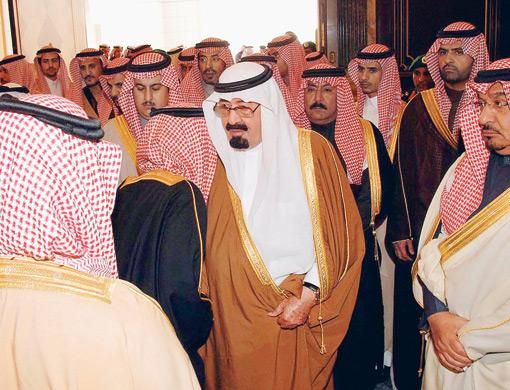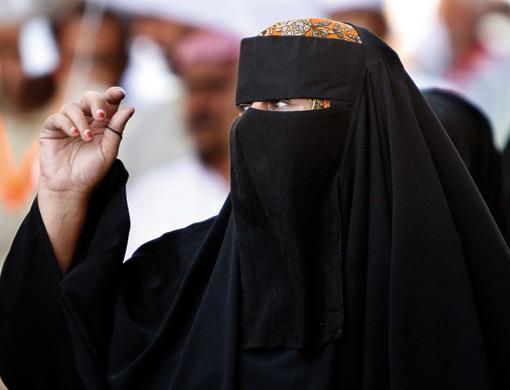Riyadh: A number of prominent Saudi figures, including parliamentarians, political analysts and writers told Gulf News that the ongoing reforms, encompassing all vital sectors of society and spearheaded by King Abdullah Bin Abdul Aziz, marked an important turning point and new phase with the major government reshuffle.
The king issued several decrees on Saturday with a special focus on a massive overhaul of the educational and judicial sectors.
King Abdullah also put an emphasis on his policy of moderation while restructuring the powerful religious bodies of the Supreme Judiciary Council and the Senior Scholars Commission, as well as the Commission for the Promotion of Virtue and Prevention of Vice (religious police).
Speaking to Gulf News, Dr Mohammad Al Zulfa, member of the Shura Council, highlighted the significance of the restructuring of the Senior Scholars' Commission by increasing its strength to 21 members by giving due representation to all major Sunni schools of thought in the kingdom. Earlier, it was represented only by the kingdom's official school of thought - Hanbali.
"This step could rightly be considered as the most significant. Through this, the king tried to give a strong message to the overwhelming majority of the Sunni population that all their schools of thought will get due representation at the helm of affairs in the kingdom's apex religious body," he said.
According to Al Zulfa, the king attached great significance to reforms in the education and judicial sectors and that was obvious in the cabinet reshuffle.
"As a visionary leader, the king sees these sectors as a catalyst to bringing a glorious future for Saudi society," he said.
Commenting on the reshuffle Naif Al Mutairi, professor of political science, said the new team, appointed to the ministries, and religious and judiciary bodies, is homogeneous in nature and determined to accelerate the pace of reforms being initiated by King Abdullah vigorously.
"Some of the nominees were part and parcel of the team, who mapped out the reform package being implemented in various sectors. Most of them came from the Royal Court as well as from the organisations that are directly associated with the king. Subsequently, the monarch can make the right decisions after understanding the capabilities and talent of each one of them closely," he said.
According to Al Mutairi, King Abdullah realised the significance of introducing comprehensive reforms in the vital sectors of education and the judiciary as they are vital in moulding the future of the nation.
"King Abdullah's steps heralded a new era in the history of the Reform Package introduced by him after ascending to the throne more than three years ago," he said.
Al Mutairi said that new minister of education would introduce reforms in the academic curricula, with a focus on topics such as philosophy and values of dialogue.
"These will enable the younger generation to have a clear perception about the moderate and tolerant stance taken by the kingdom in its approaches," he said adding the appointment of Noora Al Faiz as deputy minister of education for women, can be regarded as a landmark decision by giving representation for Saudi women in the kingdom's decision-making process.
Misfar Al Qah'tani, a Saudi political analyst, hailed the king's determination to bring real reform to two vital sectors of Saudi social life - education and the judiciary.
"Real reform is reform that affects issues at grassroots level."
Noted Saudi woman writer Muneera Al Harbi described the expansion of the Senior Scholars Commission as significant as it is the supreme authority in issuing religious edicts (Fatwas) on topics concerning the political, social, economic and public life of Saudi society.
As a leading Islamic country which hosts two holy mosques, Saudi Arabia shall have to take decisions that reflect its flexibility, commitments, social obligations and leading national role, she said.













